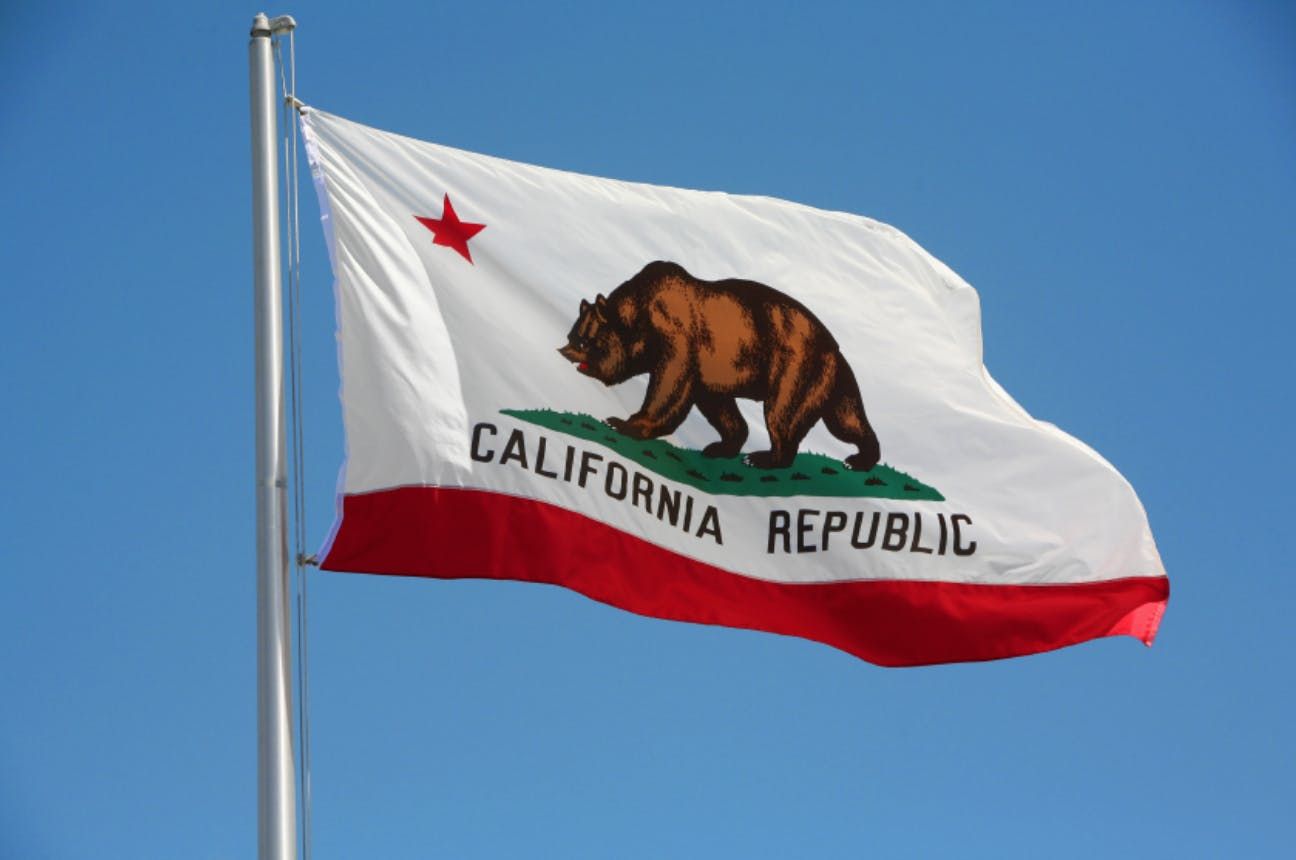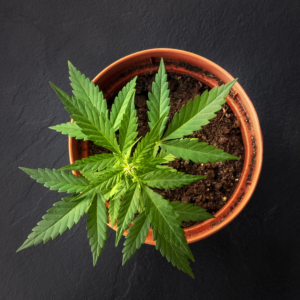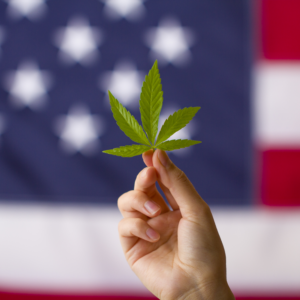Recreational Rollout Unlikely for 2018
California recently passed a bill allowing for recreational marijuana in the state, which is set to roll out at the beginning in 2018. $10 million have been earmarked by Governor Jerry Brown to assist with the rollout that is expected to generate $1.5 billion for the state. Many people, however, are doubting that California can get its recreational market up and running by the targeted roll out date. The plan is for California departments and legislature to create the structure and institutions to sustain the market during 2017, allowing for licenses to be handed out to dispensaries and growers at the beginning of 2018.
FOLLOW US ON FACEBOOK & INSTAGRAM
The roll out is a multifaceted process that involves the creation and restructuring of multiple state institutions. Though the state has every intention of meeting their projected deadline, they have a few lofty goals that may prolong it. It takes a long time to draft formal regulations, which need to be set up in order to monitor the creation of businesses and other issues like law enforcement.
New Regulations Take Time
The Department of Food and Agriculture must create new grow regulations for the product that has been produced in the state for over 20 years without formal regulation, due to its national status as a Schedule I substance. The Department of Public Health must create new regulations governing the manufacturing of products such as edibles and tinctures and the Bureau of Medical Cannabis regulation must also widen its scope to create new standards for lab testing of recreational retail products to be sure they are meeting certain safety standards.
RELATED: CANNABIS A SAFER OPTION FOR MANAGING PAIN
Though a lot of work has already been done in these areas, it is still not likely that all of the bureaucratic processes will be completed fast enough for a 2018 roll out. Some of the most probable road blocks are the creation of new platforms that involve the production of new technology. The new multilevel tax structure written into the bill needs to be formally created, as well as technological ‘track and trace’ platforms that allow the plant to be tracked from seed to selling. The ambitious desire of California to create these platforms from scratch, when they are already operational in other states with legalized recreational cannabis, is something that could cause a large delay.
Looking Towards 2019 for Rollout
Not only does the California government have to formalize regulations for this whole process, but 58 counties and 482 cities have to draft their own regulations as well. All of these issues have left some people concerned that California may not have an operational recreational marijuana industry until 2019. Until the point when the state has all of their recreational marijuana programs up and running, all people are still required to have a medical marijuana card to access cannabis. It is important that no patients rely on any specific roll-out date, but instead still possess a medical card to be able to access their medication.
If you are new to cannabis and want to learn more, take a look at our Cannabis 101 post. HelloMD can help you get your medical marijuana recommendation; it’s 100% online, private and efficient.






